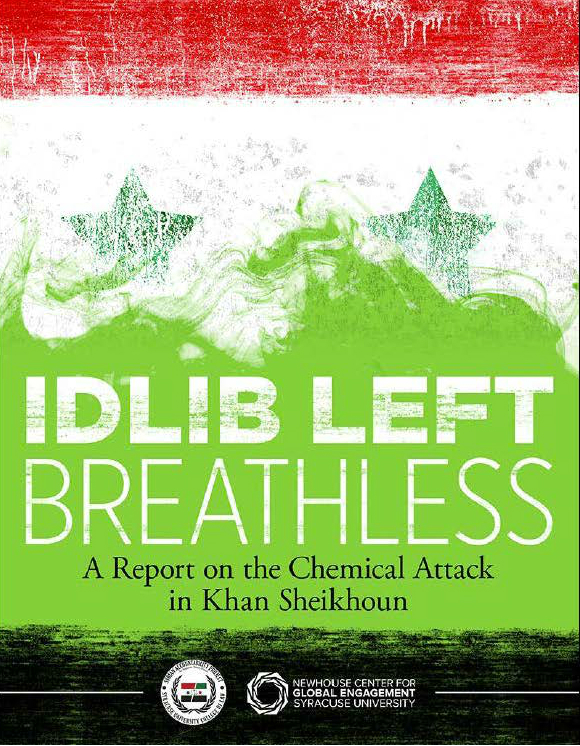Professor Nina Kohn Serves as Reporter for Two Uniform Acts
College of Law Distinguished Professor Nina Kohn is helping to create “gold standard” legislation on some of the most important issues facing older adults and individuals with cognitive disabilities. Based on her legal expertise, including in the area of elder…


 The paper details the April 4, 2017, attack that killed at least 87 people and injured more than 500. The paper offers compelling evidence that the gas used in the attack was the nerve agent sarin, one of the most potent and fast-acting chemical weapons, banned under international law ever since the 1993 Chemical Weapons Convention.
The paper details the April 4, 2017, attack that killed at least 87 people and injured more than 500. The paper offers compelling evidence that the gas used in the attack was the nerve agent sarin, one of the most potent and fast-acting chemical weapons, banned under international law ever since the 1993 Chemical Weapons Convention.